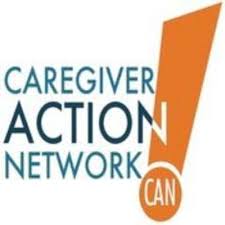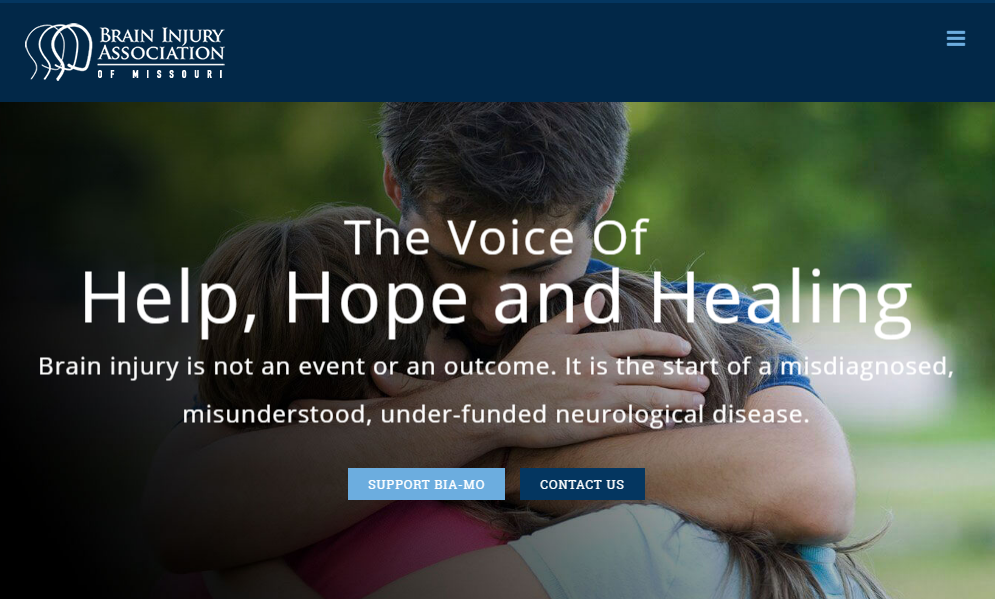Do You Know The Bottom Line About Colon Cancer?
By Guest Blogger Crawford Clay, colorectal cancer survivor, certified patient support navigator and advocacy coordinator, Colon Cancer Alliance
I was diagnosed with stage III rectal cancer in May 2004. I was 43—my daughters were 8 and 6. My family had to deal with the side effects, questions, fear and loneliness that come with cancer on our own. Together, we made it through and life is good now. Our experience would have been better had we known about the Colon Cancer Alliance.
Hearing “You have cancer,” left me stunned. I had so many questions. Will I live? Do I have treatment options? Why me? My family and I had to figure all that out on our own.
Now I know I could call Carol or Val, or one of the many Colon Cancer Alliance’s other certified patient support navigators, on their free helpline and get answers from someone who truly understands the patient experience. Whether you are newly diagnosed or need a second opinion, they have the answers and support you need.
A cancer diagnosis changes everything. It’s scary. Friends and family might pull away or act strange. Luckily, I met Fred. He was a cancer survivor and just meeting another survivor made me feel better. With the Colon Cancer Alliance’s Buddy Program you don’t have to trust luck to meet a fellow survivor or caregiver.
You can also join Blue Hope Nation and Colon Town on Facebook.
Cancer is costly. Almost 60 percent of phone calls to the Colon Cancer Alliance Helpline are about money. Expenses expand. Income shrinks. I kept working, but money was still tight. Money impacts treatment.
I wish I had known about the Colon Cancer Alliance’s Financial Resource Guide. The guide will connect you with Allsup and many other resources to help with everything from copays to transportation to insurance and more.
The Colon Cancer Alliance also offers the Blue Hope Treatment Award. This is a one-time grant of $300 available to people in active treatment for colon cancer.
But my bottom line—pun intended—is this: you don’t have to go through what I went through.
March is National Colorectal Cancer Awareness Month, and this is your time to make your digestive health a top priority. Up to 90 percent of colon cancers can be prevented by following proper screening guidelines.
If you want to know more about colon cancer, Colon Cancer Awareness Month, or any support programs the Colon Cancer Alliance offers, you can reach us through our website or call our Helpline at (877) 422-2030.
Allsup
Related Articles

Uncategorized
Helping Family Caregivers With What They Need to Know

Uncategorized
Understanding MS and Disability Benefits

Uncategorized
BIA-MO Gets Real about Brain Injury Awareness

